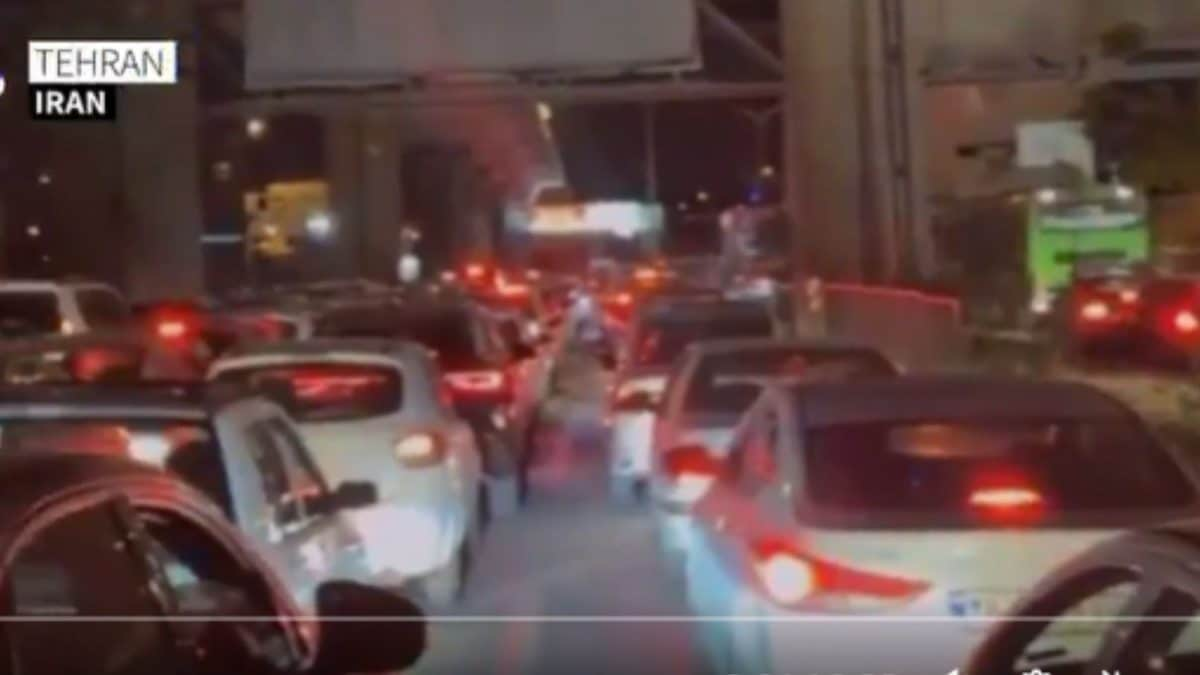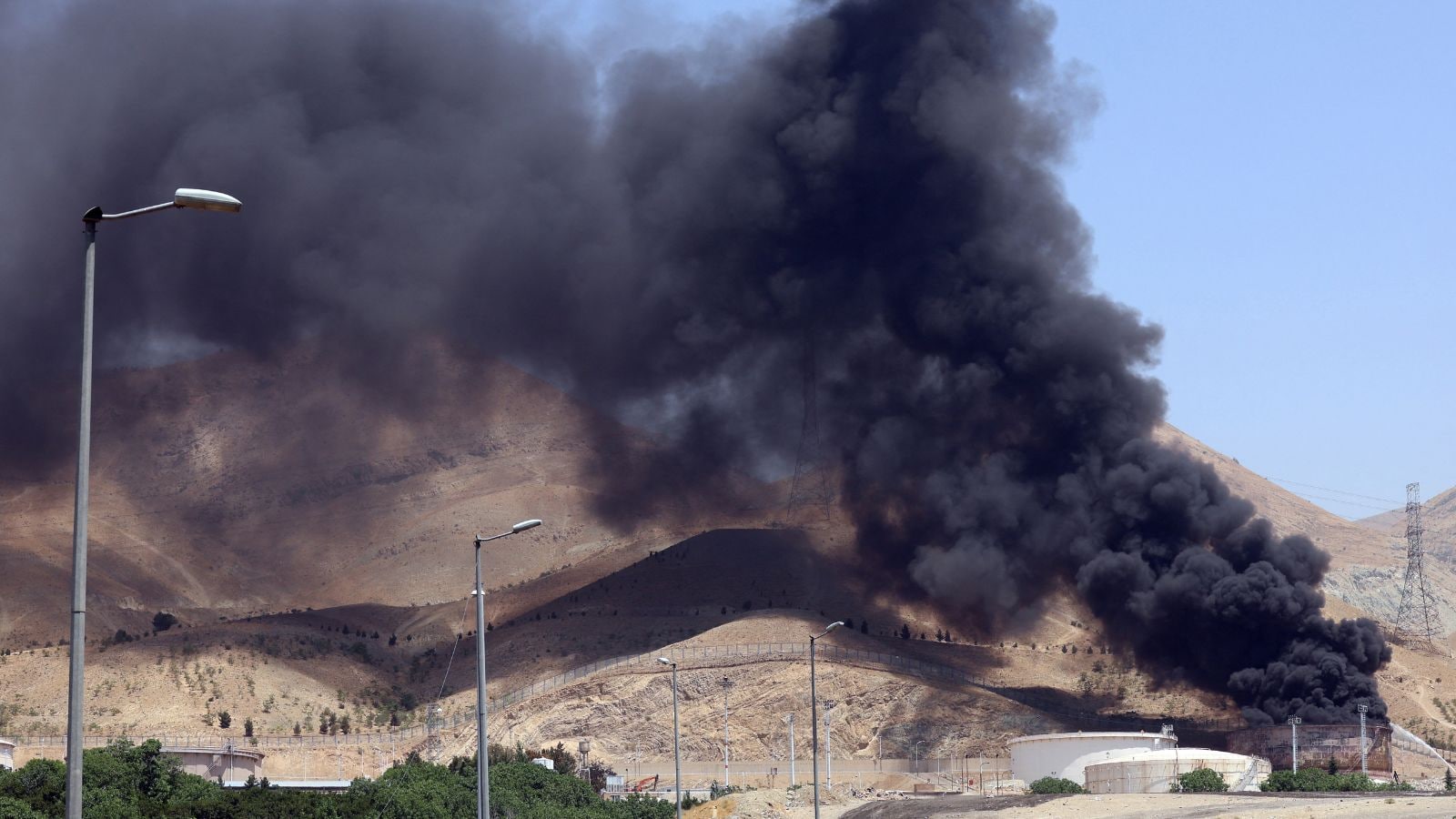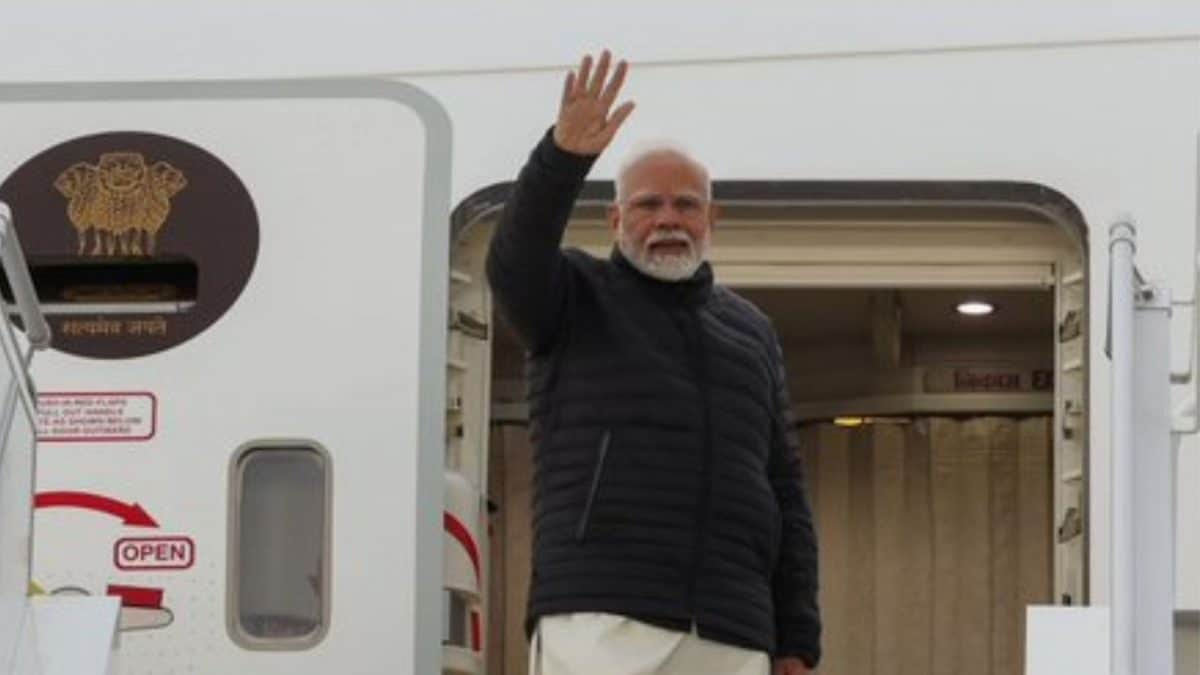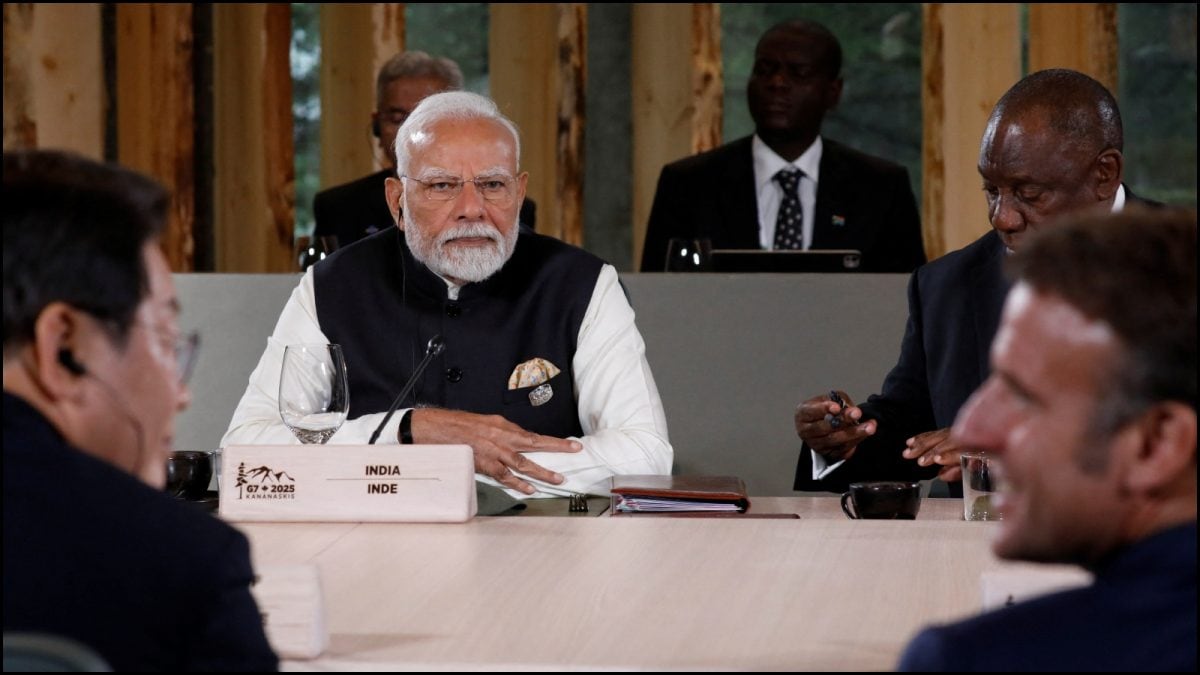Last Updated:April 30, 2025, 20:40 IST
As India-Pakistan tensions spike post-Pahalgam, Pakistan’s most storied red-light district is spiralling into a crisis few saw coming

This photograph taken on May 16, 2024 shows commuters moving along a street at the royal neighbourhood of Heera Mandi, a red-light zone, in Lahore. (Photo by AFP)
As India-Pakistan tensions intensify following the deadly terror attack in Pahalgam, fallout is reaching unexpected corners of Pakistan’s urban landscape — including Lahore’s centuries-old red-light district, Heera Mandi. Known for its cultural legacy and complex socio-economic dynamics, the area is now under mounting strain, with clients vanishing, incomes plunging, and sex work shifting rapidly to virtual platforms.
The suspension of the Indus Waters Treaty and closure of the Attari-Wagah border have deepened inflation, disrupted trade, and strained public resources. With the country’s agricultural sector projected to shrink by 30–40 per cent, poverty rates are expected to climb — pushing more women into survival sex work. This influx is already flooding urban markets like Lahore, increasing competition in areas such as Heera Mandi.
Sex workers in the district, who typically earn Rs. 200–400 per client, are now seeing their incomes decline further as customers — especially from lower-middle-class backgrounds — cut back on non-essential spending. Clients facing job losses and reduced earnings are prioritising basic needs over discretionary expenses, making sex work a luxury fewer are willing to afford.
Military mobilisations or terror threats may lead to curfews and restricted movement in Lahore, further hurting business. During such periods, clients from other neighbourhoods or cities avoid travelling to Heera Mandi, and regulars — including police and army personnel from nearby stations such as Anarkali Cantonment and Lahori Gate — stop visiting altogether.
Even before the current crisis, Heera Mandi had been in decline due to digital disruption, government crackdowns, and changing social norms. Now, with fears of war and rising surveillance, more sex workers are turning to encrypted apps and social media platforms like Facebook and Locanto to discreetly connect with clients. The shift from physical to virtual sex work is accelerating, driven by both necessity and fear.
Adding to this is the diversion of military spending, which could mean reduced funding for social welfare schemes. This will only exacerbate conditions in vulnerable areas like Heera Mandi, where women depend not just on income but also on access to basic health and safety support.
Historically, Heera Mandi — which literally means “diamond market" — dates back to the Mughal era. Once a centre for classical dance and music near the Lahore Fort, it evolved into a prominent red-light area during colonial times, patronised by nobility and military personnel alike. Over time, its courtesan culture gave way to more commercial forms of sex work, even as it retained deep ties to Lahore’s cultural identity. Today, that legacy stands at risk.
Caught between geopolitical tensions, economic desperation, and a rapidly digitising world, Heera Mandi’s future looks increasingly uncertain — its decline hastened not just by war fears but by a perfect storm of survival, stigma, and state neglect.
Location : First Published:April 30, 2025, 20:40 IST
News world Heera Mandi's Lights Are Going Out: India-Pakistan Crisis Sends Sex Work Into Hiding

 1 month ago
1 month ago

















